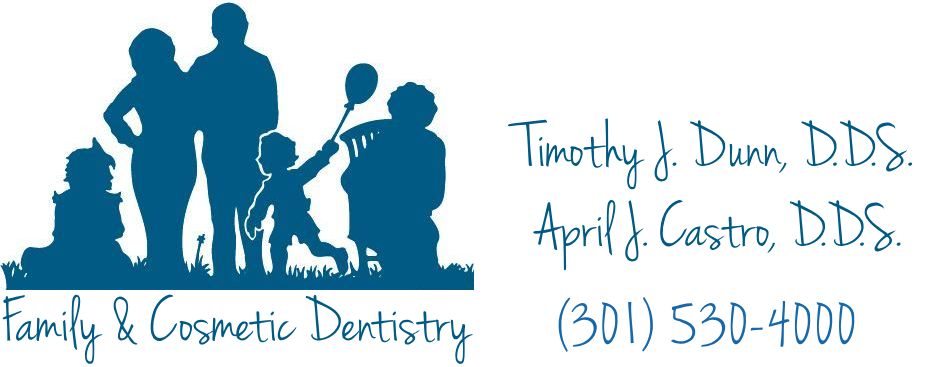Worn Teeth
Attrition is the gradual loss of enamel through "wear". A small amount of attrition may be caused by normal speaking and eating, but this typically doesn't produce excessive wear. More extreme cases of attrition are typically caused by Bruxism, the grinding of teeth against teeth. Bruxism typically occurs at night while the patient sleeps, so often the patient is unaware of the grinding or enamel loss.
Abrasion
Abrasion is the wearing away of tooth enamel by a foreign object. Common causes of abrasion are:
Brushing too hard or too long
Fingernail biting, chewing on pens or pencils, holding needles or pins between the teeth, etc.
Oral jewelry - Patients with pierced lips and/or tongue often wear away the enamel on adjacent teeth
Erosion
Erosion is the chemical wear of tooth enamel. Typically this kind of wear is caused by an acid. Citric acid is one of the most common agents. Citrus fruit (lemons, limes, oranges, grapefruit) contain citric acid, as do most soft drinks and citrus juices (like lemonade). Some candies also contain citric acid. Many soft drinks contain additional harmful acids. Coffee and tea also contain corrosive acids. Bulimic individuals (people who intentionally and repeatedly induce vomiting) also expose their teeth to very strong stomach acids.
Occasional exposure to most dietary acids is rarely a problem, but repeated exposure to high levels of these acids can cause premature wear. Some common habits to avoid are:
Regularly sucking on lemons or limes
Regularly eating or sucking on candies, especially "sour" candies as they often contain sugar and citric acid!
Drinking several soft drinks daily, even "diet" soft drinks
Drinking several glasses of lemonade daily
Drinking several cups of coffee or glasses of tea daily
Even if you only occasionally eat or drink highly acidic foods, it's a good idea to at least rinse your mouth with fresh water when you are finished in order to reduce the amount of time the acids have to work on your teeth.



